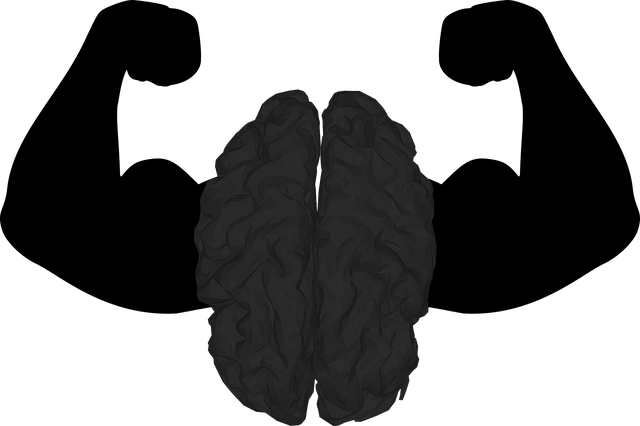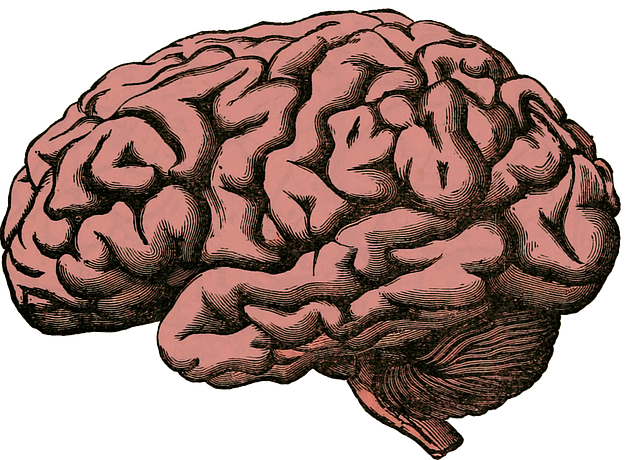Emotional Intelligence (EI) is crucial for well-being among older adults, especially trauma survivors, as it helps manage emotions and navigate complexities. In therapy settings, EI promotes coping mechanisms, reduces stress, and fosters healthier relationships, enhancing quality of life. Strategies include tailored CBT, mental health education, public awareness campaigns, and risk assessment for professionals. Therapy focused on therapy for elders domestic violence empowers seniors to process trauma, manage emotions, and develop essential coping strategies while breaking harmful cycles.
Emotional intelligence (EI) is a powerful tool for personal growth, especially among the elderly. This article explores the profound impact of EI on seniors’ well-being and delves into its potential to prevent and address domestic violence. We examine strategies tailored to the elderly population, highlighting the transformative power of therapy in enhancing EI and fostering healthier relationships. By understanding the connection between EI and domestic violence, we can empower elders to break free from abusive cycles and embrace a life of emotional fulfillment.
- Understanding Emotional Intelligence and its Impact on Elders
- Unveiling the Connection Between EI and Domestic Violence
- Strategies for Building Emotional Intelligence in an Elderly Population
- The Role of Therapy in Enhancing EI and Breaking the Cycle of Abuse
Understanding Emotional Intelligence and its Impact on Elders

Emotional intelligence (EI) is a crucial aspect of human interaction and well-being, especially for elders navigating the complexities of life. It involves recognizing and managing one’s own emotions, as well as understanding and empathizing with others’ feelings. For older adults, cultivating emotional intelligence can be transformative, helping them maintain strong relationships, cope with life transitions, and even alleviate symptoms of age-related stress and depression.
In the context of therapy for elders, particularly those who have experienced domestic violence or other traumatic events, EI plays a pivotal role in healing and resilience. By developing coping skills and learning effective stress reduction methods, individuals can enhance their emotional intelligence. This, in turn, enables them to respond to challenges with greater clarity and compassion, fostering healthier relationships and improving overall quality of life.
Unveiling the Connection Between EI and Domestic Violence

Emotional intelligence (EI) plays a pivotal role in preventing and addressing domestic violence, especially when targeted at elders. Studies show that individuals with higher EI levels are better equipped to manage their emotions and understand others’ feelings, which can significantly reduce conflict escalation within homes. By fostering emotional regulation, one can prevent the onset of depression and stress management issues—common consequences of prolonged exposure to violent environments.
Therapy for Elders dealing with domestic violence can effectively harness EI as a tool for healing. Through counseling sessions, elders learn to identify their emotions, express them healthily, and navigate relationships with increased empathy. This not only aids in breaking the cycle of violence but also equips them with valuable coping mechanisms to manage stress and depression prevention strategies, ensuring a more peaceful and secure domestic life.
Strategies for Building Emotional Intelligence in an Elderly Population

Building emotional intelligence (EI) among the elderly is a crucial aspect of their overall well-being and can significantly enhance their quality of life. Many older adults may have experienced life challenges such as loss, retirement, or health issues, which can impact their emotional resilience. Strategies to boost EI in this population should focus on fostering self-awareness, empathy, and effective communication skills. One effective approach is through therapy tailored for elders, addressing any trauma or past experiences that might hinder their current emotional state. For instance, cognitive-behavioural therapy (CBT) can help individuals identify negative thought patterns and replace them with healthier coping mechanisms.
Additionally, designing mental health education programs specific to the elderly can empower them to manage their emotions. These programs can cover topics like stress management, emotional regulation techniques, and understanding age-related changes in mood. Public awareness campaigns focused on mental health among older adults are also valuable tools. By educating both the elderly and their caregivers, these campaigns can reduce stigma, encourage early intervention, and promote healthy emotional expression. Incorporating risk assessment strategies for mental health professionals ensures that support is provided safely and effectively, catering to the unique needs of this demographic.
The Role of Therapy in Enhancing EI and Breaking the Cycle of Abuse

For many survivors of domestic violence, therapy plays a pivotal role in enhancing emotional intelligence (EI) and breaking free from harmful cycles. This therapeutic process offers a safe space for individuals to explore their emotions, understand trauma responses, and develop coping strategies. Through evidence-based practices, therapists help clients recognize and manage their feelings, fostering self-awareness—a cornerstone of EI. By addressing underlying issues and providing support, therapy empowers survivors to make healthier choices and build resilience.
In the context of elder domestic violence, where older adults might face unique challenges, tailored therapy sessions can be instrumental. These interventions not only help individuals process past traumas but also equip them with skills to navigate stress management, a critical aspect of maintaining emotional balance. Public awareness campaigns and stress management workshops organized by support organizations can further contribute to breaking the silence, offering resources for victims, and promoting community education.
Emotional intelligence (EI) plays a pivotal role in improving quality of life, especially for elders. By understanding and managing emotions, individuals can break free from cycles of abuse, including domestic violence. The strategies outlined in this article, coupled with therapy for elders, offer promising paths towards fostering EI and creating healthier environments. Through targeted interventions and professional support, the elderly population can develop resilience, enhance their relationships, and lead more fulfilling lives.








